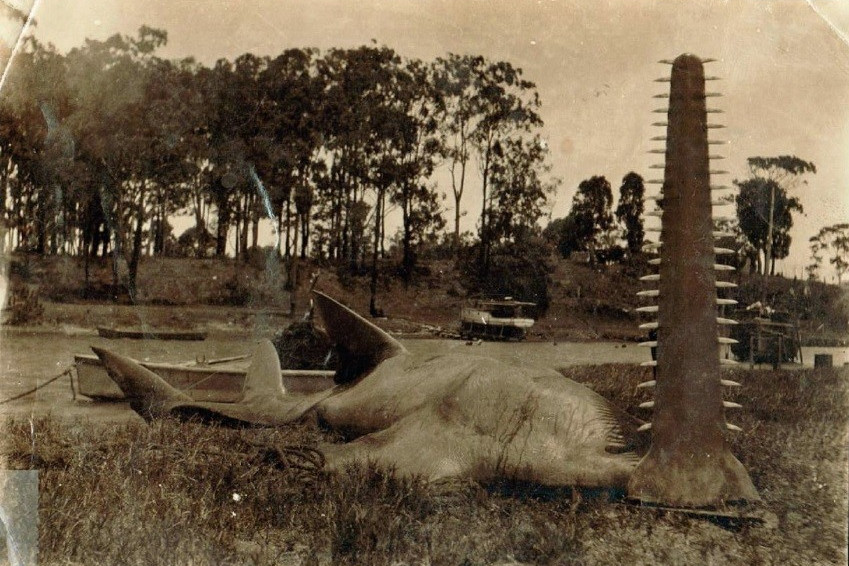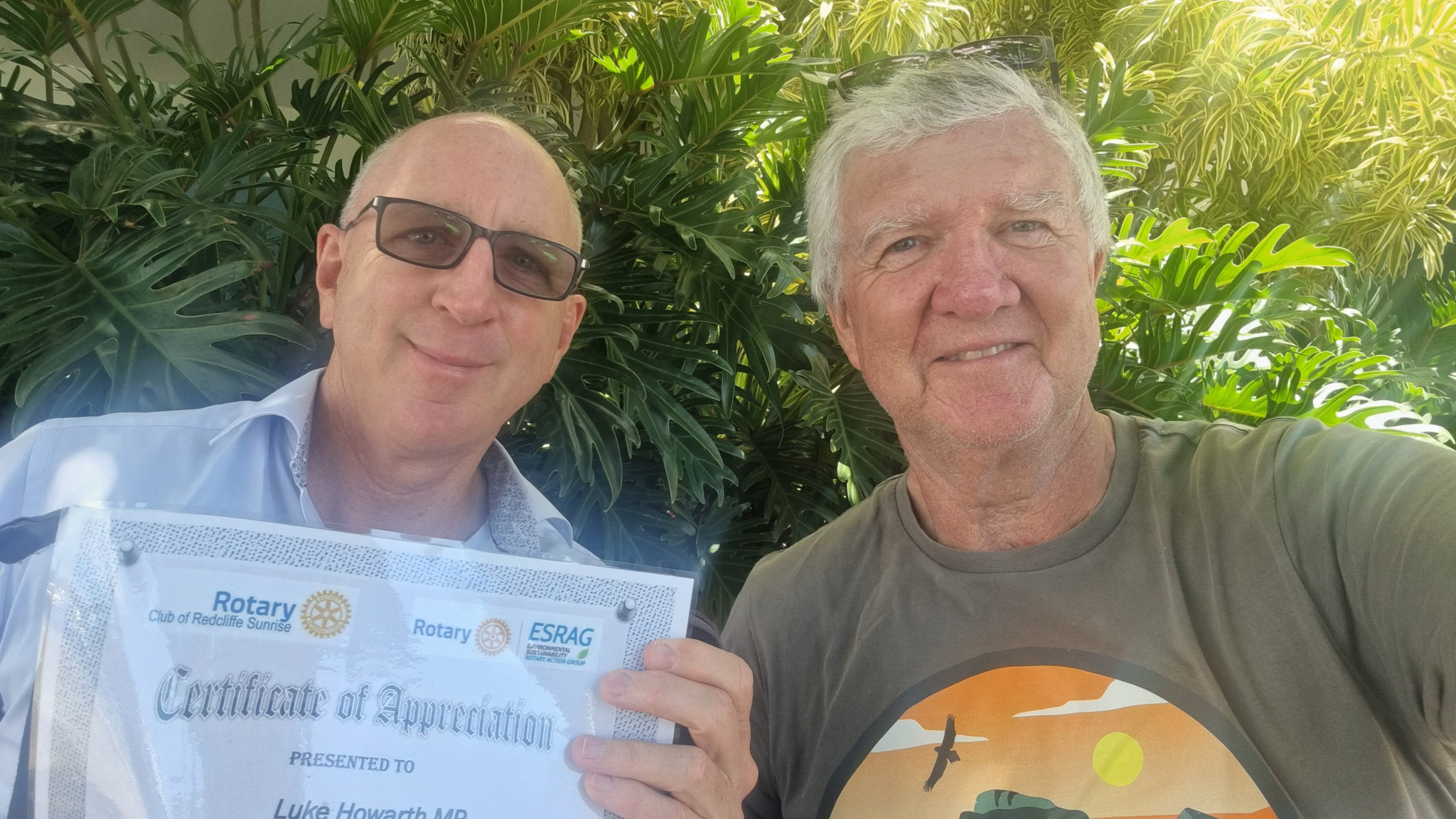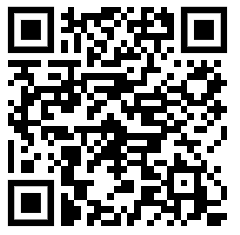News
8 March, 2025
Sawfish sightings are key to saving species
MARINE researchers are encouraging the public to reach out with information regarding sawfish, as the once commonly spotted fish in Moreton Bay is now an endangered species.

Researcher, PhD candidate, and volunteer with Sharks and Rays Australia (SARA), Nikki Biskis, was ‘Talking about Sawfish’ at the Environmental Sustainability Rotary Action Group’s (ESRAG) monthly eco-forum in February, emphasising the importance of reporting sightings of sawfish, as numbers are dwindling.
“SARA has been running this campaign for going on ten years now, and data from citizens are making a huge impact in our understanding of these endangered species,” she said. “With sightings so rare, every report to SARA matters. This includes animals caught, saws seen in pubs, or family photos. They all tell a story. Anyone can report their sighting – whether it was yesterday or 100 years ago – to www.cytags.com.”
The Sawfish is an icon of northern Australia. They have been protected in Queensland since 2009. However, they are threatened with extinction due to targeted and non-targeted fishing. A few recreational fishers still take the saw from a larger sawfish as a trophy. Historically, there used to be a sawfish rostrum hanging in just about every pub from Moreton Bay to the tip of Cape York. According to then-government ichthyologist, T. C. Marshall, “sawfish were not uncommon in Moreton Bay.” However, they are not heard about visiting Moreton Bay anymore, especially not mature ones, given their hunting range is significantly diminished.
ESRAG’s March keynote speaker from the University of the Sunshine Coast will be Dr. Ben Gilby and PhD candidate Erin Wills, who will be “Talking about Shellfish” on March 20 at the Deception Bay Environmental Hub.
Ben will share the background to shellfish reef restoration and shellfish loss globally, what it is and how it works, and the science needed to undertake and optimise it. Erin will talk about her recent research, and Ben will finish off with some local case studies and the current ‘state of the art’ in Southeast Queensland.
Scan QR Code to register.



